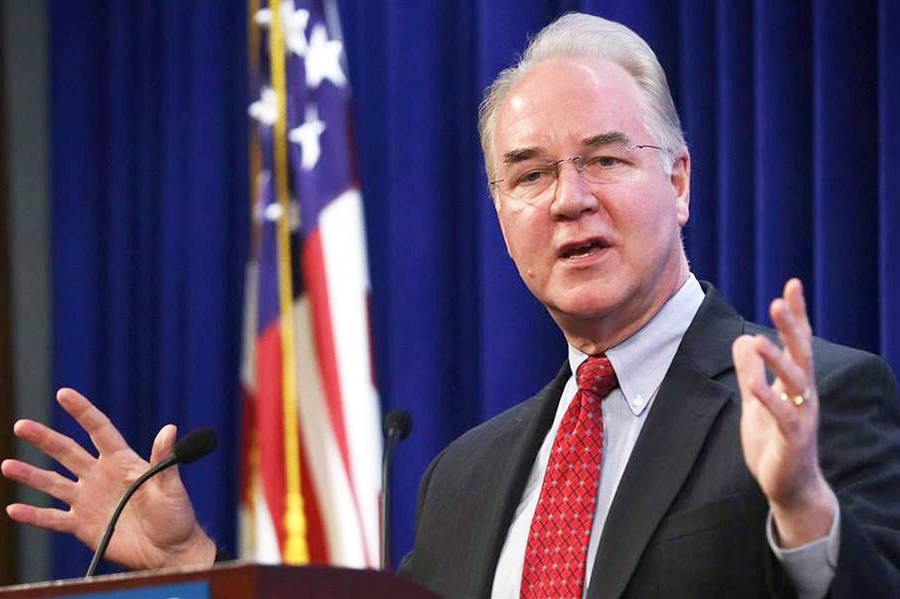Did you know that LGBT people get old? If you’re a religious fundamentalist, you might not since you believe that all LGBT people die of AIDS in their 20s because God hates them. But if you believe that LGBT people are, well, people, and also believe in the concept of aging, then it will not surprise you that elderly LGBT people exist.
Granted, we live in a society that, in an attempt to pathologize their sexuality, too often portrays LGBT people as if sex is our only governing drive. This argument was a huge part of the fight against marriage equality: Same-sex couples can’t be “married” because they’re incapable of being monogamous. We see this in the anti-trans bathroom bills proposed under the guise of protecting women from sexual predators. Gay men were banned from being Boy Scout leaders because of the fear that they would molest the boys. In other words, the idea that LGBT people are nothing more than walking, talking sexual deviants persists despite plenty of contrary evidence.
At the same time, our society completely desexualizes the elderly. Old people do not have sex. I mean, sure, they do in Meryl Streep and Jack Nicholson movies, but that’s about it.
And these two competing narratives — Gays have all of the sex, olds have none of the sex — renders LGBT seniors pretty much invisible.
Which is why in 2014 the Obama administration began asking questions about LGBT seniors on the National Survey of Older Americans Act Participants (NSOAAP), administered by the Department of Health and Human Services. NSOAAP is a “critically important national survey of older adults that helps the government decide how to spend billions of dollars on senior centers, Meals on Wheels and other essential elder services,” according to the organization Services & Advocacy for GLBT Elders (SAGE).
Which is why SAGE and other LGBT advocacy groups are alarmed that all of a sudden, on new HSS Secretary Tom Price’s watch, questions related to LGBT seniors disappeared from the NSOAAP.
LGBT-rights advocates fear that the removal of the questions is an effort to further marginalize LGBT seniors, a group that has been identified as having unique challenges.
“Our community fought for years to get our LGBT elders included in this survey so they get their fair share of government-funded elder services,” SAGE declared in an online petition appeal. “We won that fight, and we’re not going back.”
David Stacy, head of policy for the Human Rights Campaign, told the Associated Press, “If you deny the problem exists by not having the data, it certainly makes it easier to pursue the policy you prefer without regards to reality.” In other words, it’s more of what we’ve come to expect from the Trump administration: denial and obfuscation.
While this change might seem like a minor bureaucratic detail, note that when Price was a U.S. Representative (R-Georgia), he had a score of zero from the Human Rights Campaign. He called the Supreme Court’s marriage-equality ruling “a sad day for marriage” and voted to enshrine discrimination in the U.S. Constitution. He called the Obama administration’s guidelines to schools to protect trans students “absurd.”
So there’s little doubt that collecting information on LGBT seniors probably seems absurd to him, too. Besides, the Trump administration wants to cut services to seniors. It’s as if they think they can push the “fruity” ones off the cliff first and nobody will notice. Speak up. Call HHS at 1-877-696-6775 and sign the SAGE petition here: https://actionnetwork.org/letters/trump-administration-erasing-lgbt-elders.
D’Anne Witkowski is a poet, writer and comedian living in Michigan with her wife and son. She has been writing about LGBT politics for over a decade. Follow her on Twitter @MamaDWitkowski.
